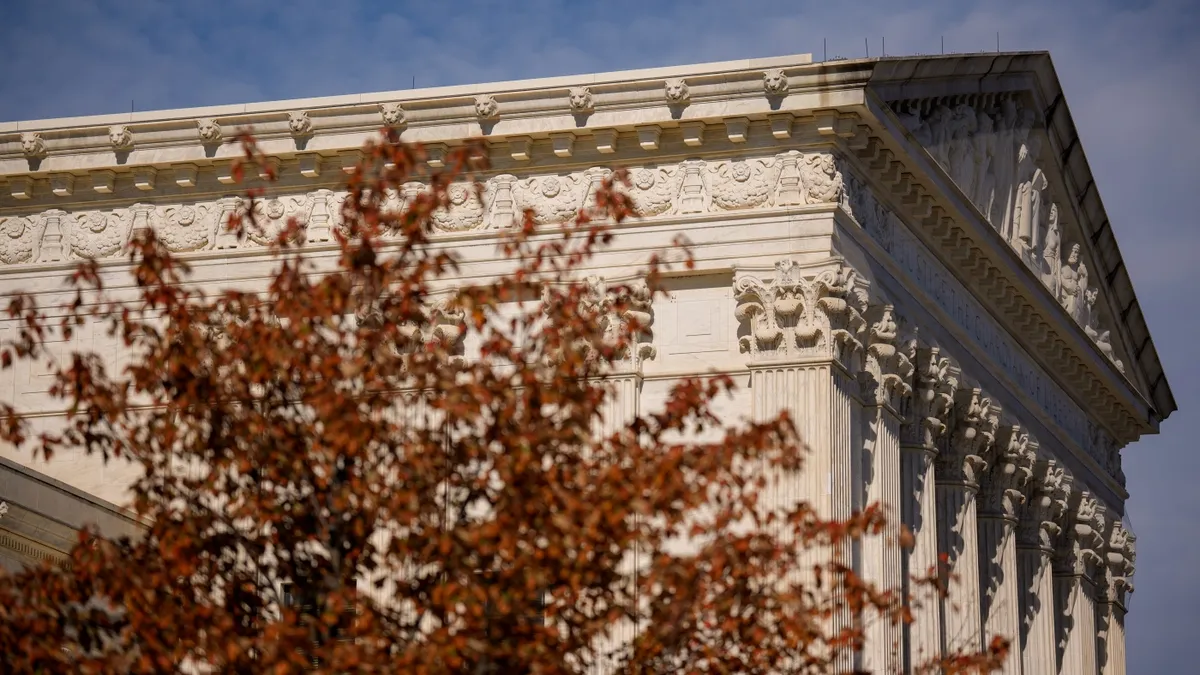
On Wednesday, the Supreme Court justices expressed considerable skepticism regarding the government's argument that President Trump could unilaterally impose tariffs on foreign countries, bypassing Congress by citing national security as the legal justification. During the session, both the six conservative justices and the three liberal justices rigorously questioned D. John Sauer, the solicitor general, on Trump's invocation of the International Emergency Economic Powers Act (IEEPA).
Lower courts have previously ruled that President Trump exceeded his authority under both the IEEPA and the U.S. Constitution. The president contends that he is empowered to impose tariffs to address ongoing trade imbalances and combat the influx of fentanyl into the United States. He argues that both issues represent national emergencies that threaten national security.
During the hearing, Sauer argued that the tariffs implemented by Trump should be classified as regulatory measures rather than revenue-generating initiatives. He claimed that the revenue raised from these tariffs was merely incidental. However, Neil Katyal, a lawyer representing those challenging the government's stance, countered this argument by stating succinctly: “Tariffs are taxes.”
President Trump has often pointed to the substantial revenue generated by tariffs, which the Committee for a Responsible Federal Budget, a prominent fiscal watchdog group, reported at an impressive $195 billion for this fiscal year alone. This financial aspect highlights the significant role that tariffs play in the federal budget.
Having been a proponent of tariffs for decades, Trump made them a central focus of his re-election campaign. Shortly after taking office, he enacted a wide array of tariffs targeting various countries, including those that are traditionally among the closest U.S. trade allies. However, these tariffs have caused anxiety among American businesses, leading to court challenges arguing that the president overstepped his constitutional authority.
A decision from the Supreme Court on this pivotal case is expected next year, and it may have significant implications for the future of trade policy and presidential powers in the United States. The outcome will be closely watched by both supporters and critics of Trump's tariff strategy, as it could redefine the boundaries of executive authority in economic matters.